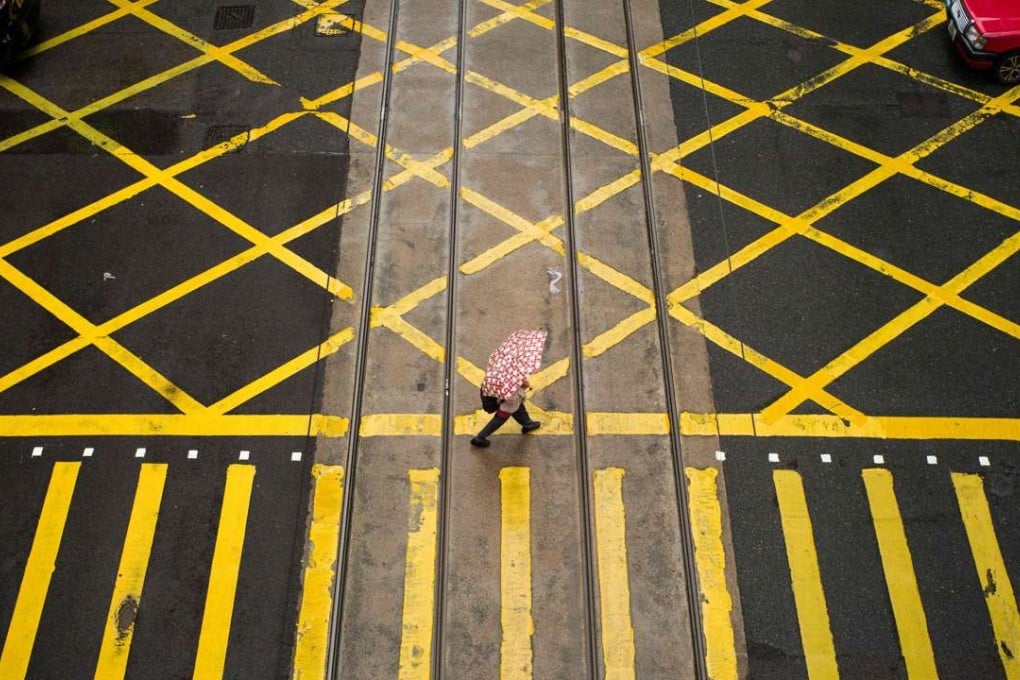Hong Kong must accept the limits imposed by ‘one country, two systems’
Sonny Lo says an understanding of the contradiction inherent in the policy will lead Hong Kong to work to its strengths. For one, it should devote efforts to boosting the autonomy of its institutions

The move by the National People’s Congress Standing Committee to interpret Article 104 of the Basic Law has been seen by critics as a failure of “one country, two systems” in Hong Kong. It is too early to jump to this conclusion. The interpretation was necessary because the two young activists in the oath-taking row failed to meet the requirement of being a patriot, defined by Deng Xiaoping ( 鄧小平 ), the architect of the “one country, two systems” policy, as someone who “respects the Chinese nation” and supports “the motherland’s resumption of sovereignty over Hong Kong”.
For restless Hong Kong, revolt against Beijing is futile
Moreover, we can’t ignore the different legal cultures in the two systems. Lawyers educated in the common law system see the interpretation as an erosion of Hong Kong’s judicial autonomy. But Beijing and mainland legal experts see it not only as a legal move empowered by the Basic Law, but also as a legitimate last resort to stem the growing tide of “Hong Kong independence”.

Hong Kong’s oath drama must end, and it’s time to boo its two villains off the political stage
Article 1 of the Basic Law emphasises that Hong Kong is an inalienable part of the People’s Republic of China. Immediately following that, Article 2 affirms that Hong Kong has an independent judiciary. As such, young and politically immature activists should focus on the institutional aspect of “independence”, namely, how to make the political institutions, including the chief executive election, the judiciary and Legco, more autonomous.